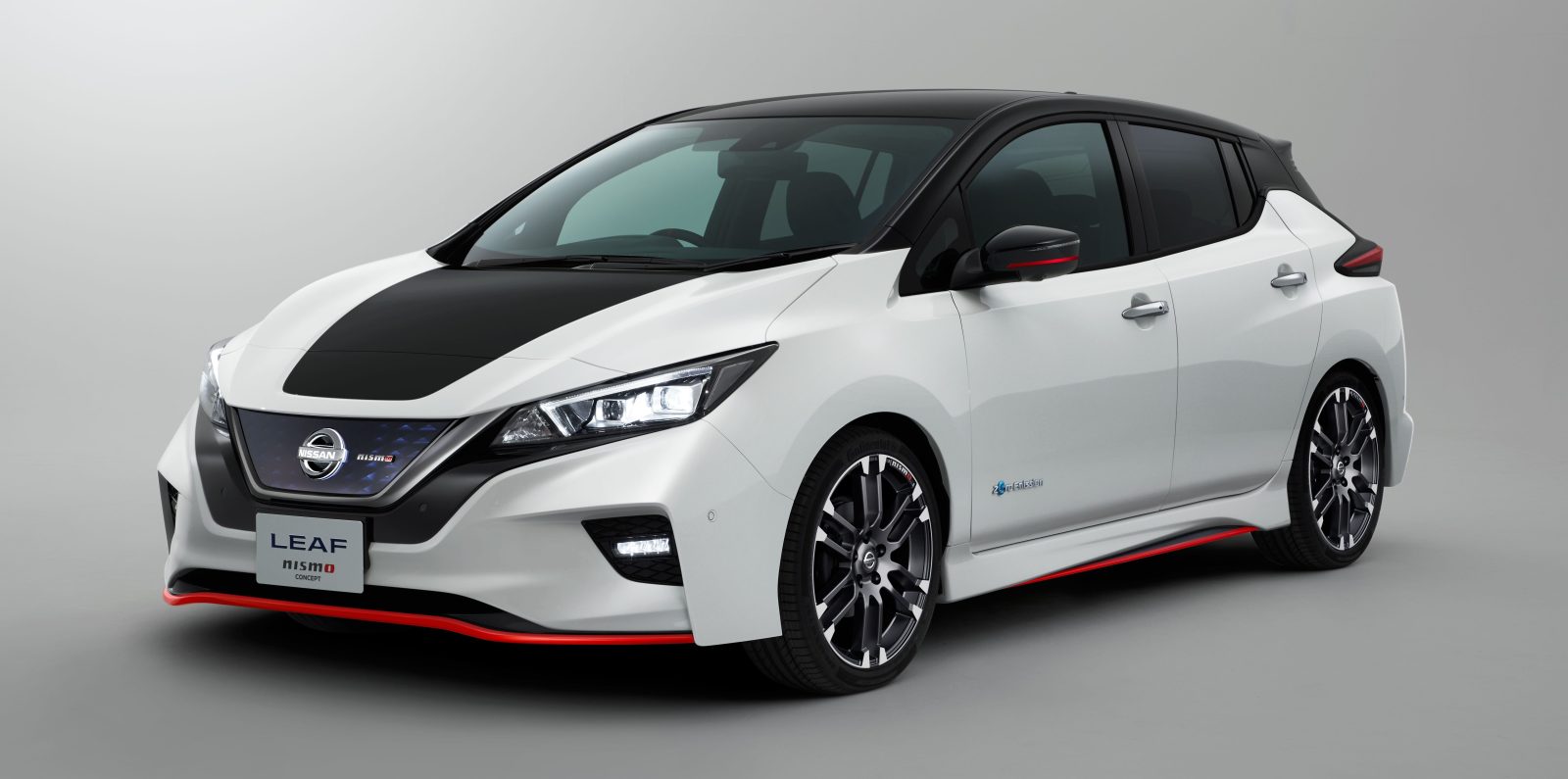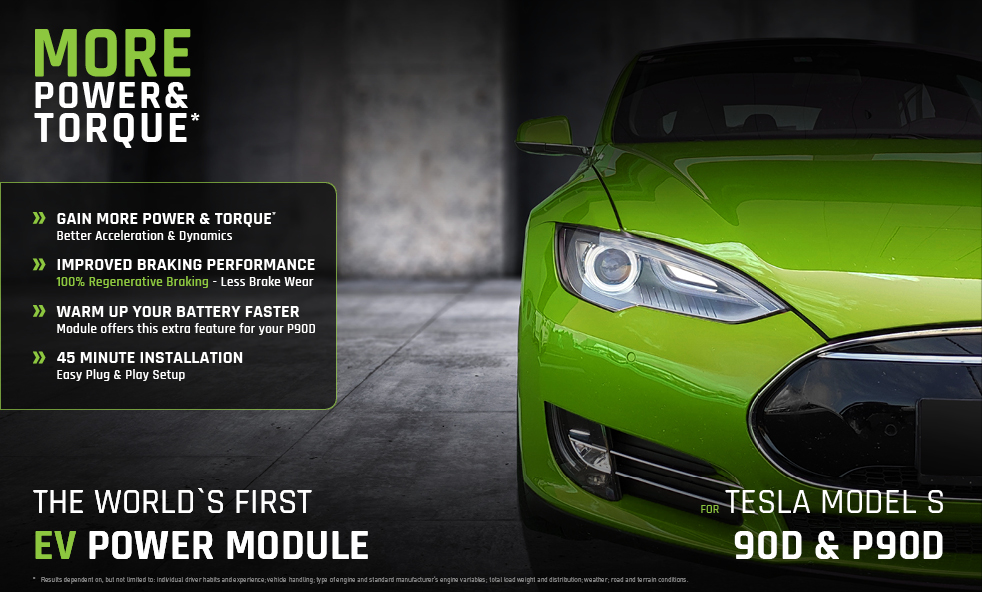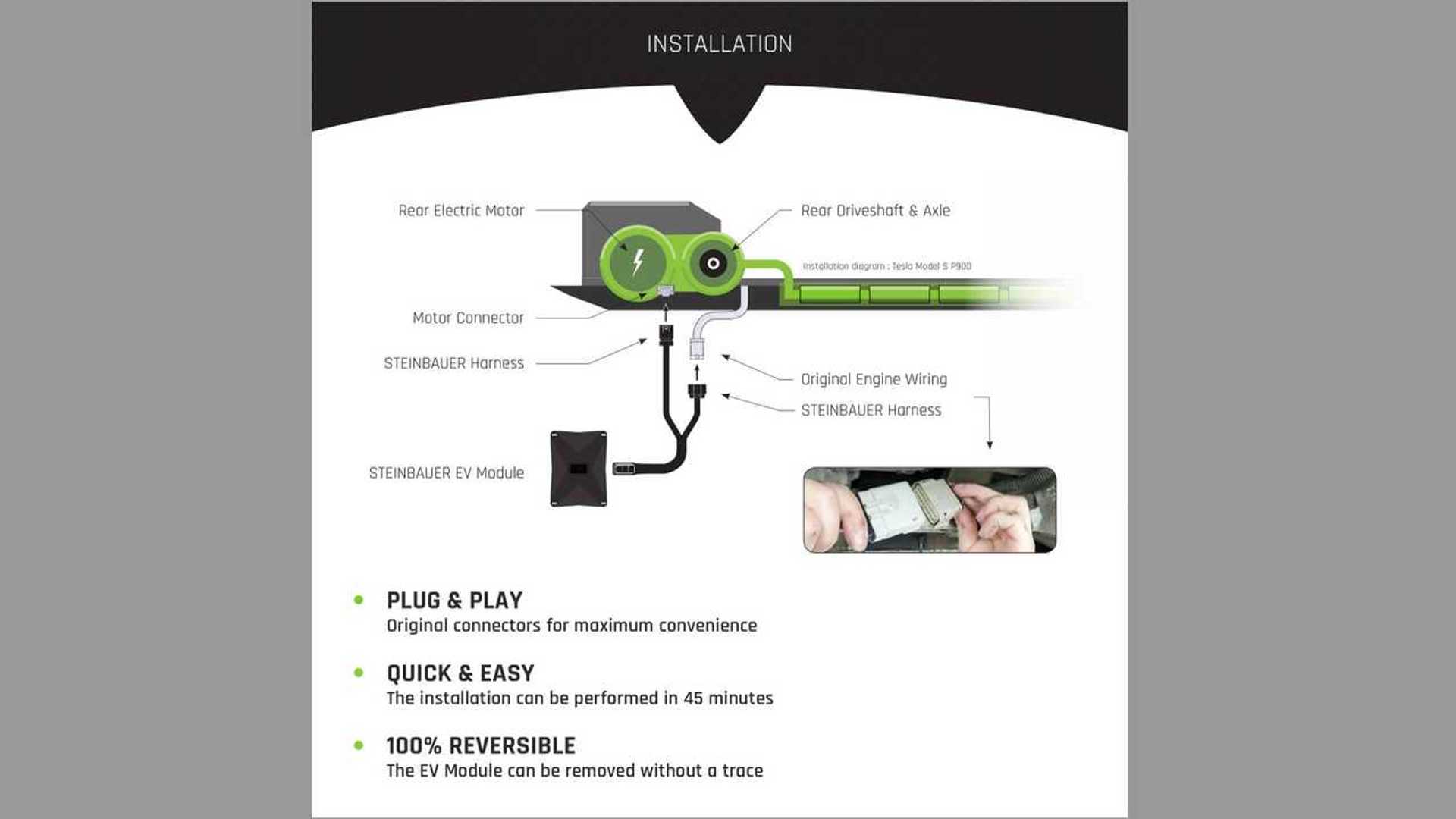SquidBonez said:You obviously don't understand the "tuning game", then. If it can be made faster people will do it.
Nope. You watch too many movies. Hardly anyone runs NOS.
SquidBonez said:You're nitpicking now. The Chiron is obviously an extremely expensive limited production car. But there is an aftermarket for the
Ferrari 458, McLaren 720s, Lamborghini Huracan, etc, all of which do 0-60 in under 3 seconds. Use Google.
Again, you seem to watch too many movies and rap videos. If you want performance on a super car you pay for it from the factory. Aftermarket mods on a super car would junk it. STOCK.
SquidBonez said:You said failsafe. That's a failsafe.
Dude, go back and read for comprehension. I said "THEY" aren't fail safes. I was referring to something specific and not just random fail safes. Seriously, go look.
SquidBonez said:It's not really speculation when it's already happening. The speculation here is how it will be done in the future.
*sigh there's no right or wrong when we are speculating about how things will be done in the future. There's just logical arguments like mine, and irrational and unsupported ones like yours. :lol:
SquidBonez said:"Be careful?" Am I supposed to be scared? I'm only looking to get information on a topic that interests me. What's wrong with that?
lol, no. I meant don't act like you haven't heard this all before. You're acting like because you posted it here the answers you would get would be different.
In fact the opposite is true. I think a lot of people on this forum are under the impression the automotive industry is going to run a lot like some factory in China. It's not. If there's potential to be utilized in an EV the manufacturers will most likely utilize most of it, like Tesla is doing, rendering the aftermarket performance hobby a thing of the past.
It's not going to be the same thing at all. You're trying to apply a lateral thinking in a transition from ICE's to EV's and this is simply a very bad way of thinking. In my opinion.
They're buying them as replacements, not as performance mods. You might think this is the same thing but it isn't.SquidBonez said:Just clarifying. And if that were true, people wouldn't be using salvaged Tesla/Volt/Soul modules. So, again, wrong.
SquidBonez said:Yeah no kidding. A brand new battery is more expensive than a battery of an older car? Shocking. But overall, the price of lithium ion batteries have been dropping. https://www.iflscience.com/technology/battery-costs-drop-even-faster-electric-car-sales-continue-rise/furcifer said:Nonsense. The new Tesla batteries are more expensive than the originals. Look it up.
Well if you read what I wrote for comprehension you wouldn't be making up this strawman. I hate when people don't read and come back with something totally irrelevant and completely obvious. Everyone knows the cost of lithum ion cells is coming down.
PEOPLE WANT MORE CAPACITY, UNTIL THAT DEMAND PLATEAUS THE COST OF EV BATTERIES WILL CONTINUE TO RISE.
I would say there is room for discussion on this point. At some point people, say 500 miles of range, people will probably stop demanding more and the cost will start going down. But then are concerns about the availability of raw materials. I think it's hard to say much beyond the next 5-10 years.
SquidBonez said:Nice gate-keeping. If I somehow took the motor out of a Nissan Leaf and replaced it with a Tesla motor, then that would improve the performance. If I somehow got my hands on Rimac motors and put them in a Tesla, the Tesla would be more powerful. Just like if you took the engine out a Miata and dropped a Hellcat engine in it (like someone recently did), it would make the car faster. It's pretty simple. Replacing a motor with a more powerful motor makes the car more powerful. Very simple.
Good Luck fitting it in there. :lol:
I keep telling you this, it's only simple, in theory, and if you compare it to an ICE.
SquidBonez said:The whole purpose of this thread is to speculate about FUTURE modifications. Of course there isn't much of a market yet because 99% of vehicles are still ICEs. Electric cars (in their current form) have only been around for about 2 decades or so and are still limited in numbers. I thought this was pretty obvious but I gave you too much credit.
Perhaps you did give me too much credit. I'm basing my opinion on what we know about EV's, you want opinions based on how you think past and current ICE modifications will influence EV modifications. But they won't, at least based on the actual evidence we have on hand today.
SquidBonez said:Weren't you the same person who said that electric cars are going to keep getting better? Technology will improve. But even using modern technology, it's possible to improve the performance of an electric car. Not every electric car is fitted with the most powerful electric motor possible, just like we don't put 500 horsepower engines in commuter cars.
That's actually what I said 10 pages ago. Cars won't be fitted with motors that aren't utilizing most of their potential. Only the ones that aren't utilizing their full potential would be desirable for tuning. As those diminish to zero, in the same fashion as we are seeing out of Tesla, so will the performance modification market, at least as they pertain to power mods. The market will likely shift towards weight reduction and drag reduction, performance gains through efficiency.
Will people try to get more power, possibly. But they will most likely fail spectacularly and become a very tiny portion of the modifications being done to EV's.
SquidBonez said:On top of that, most motors can take way more power than they are provided assuming the rest of the powertrain can handle it and stay cool. If you replaced the controller, battery, inverters, whatever, of a Tesla and then upgraded the cooling system, you would have a more powerful car (that's what people have been doing with Zero motorcycles). Hell, even the Model 3 Performance and the Model 3 Long Range use the same powertrain, the only difference being software, cooling, and brakes.
Yah, that's basically what I'm saying. I think where we differ is you think it's feasible and I don't. People don't buy the Pontiac and then buy half a Cadillac to put into the Pontiac, they just buy the Cadillac.
My opinion is based on the cost. If people could do these modifications for $300 a pop, every few weeks, maybe. But the way EV's are being made makes it much more costly. A manufacturer would have to doing something completely different from what Tesla is currently doing and I just don't see that happening for a very long time, if ever.
SquidBonez said:Out of how many electric cars currently in production, how many of them are fast?
All of them but the crappy ones. A couple KIA's, the Hyundai, the Nissan and possibly the VW.
I think the question is if tuners have all this money and don't care about warranties and whatnot where are all these tuned Leaf's and such?
SquidBonez said:Not everybody is competing in the high performance luxury sedan market. Not everyone is building an electric performance car.
If the car isn't a performance car then it can't be tuned. That's the nature of the EV business.
SquidBonez said:Yeah, and the tradition of modding is continuing on to EVs.
Absolutely, it just won't have anything to do with power modifications.
All good stuff in this thread. I have to do a capstone project this year and I'm considering this as a starting point. It's worth looking in to further I think.




